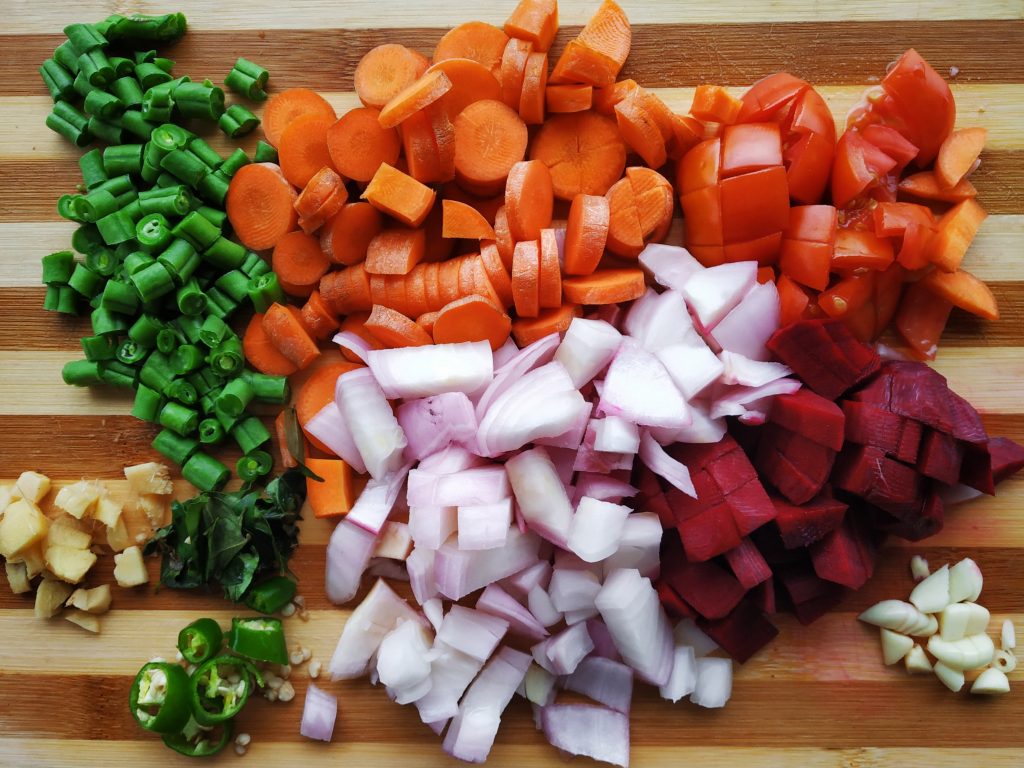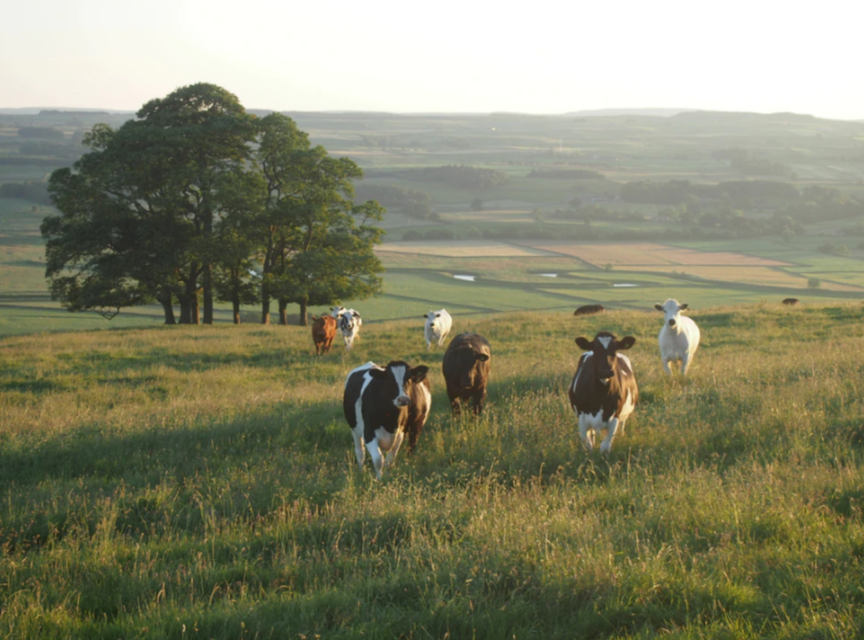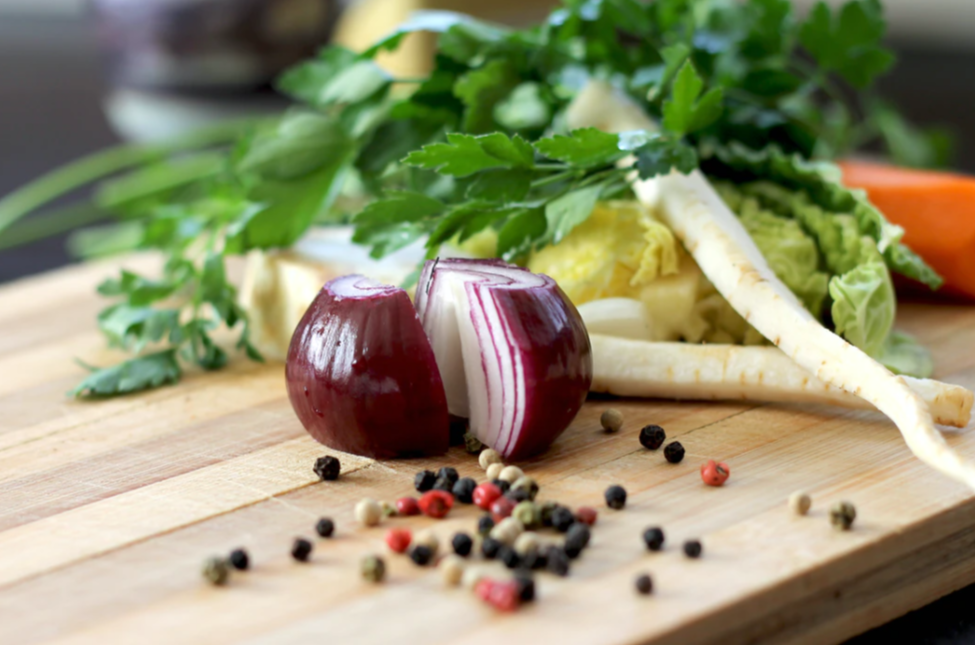Going vegan or making a major change in your consumer behaviours often seems inaccessible or unrealistic, but minor changes can make a huge difference, and often come with additional benefits like saving time or money.
Reducing the amount of meat we consume leads to an increased variety in our diet, and meat is often more expensive than many vegetarian or vegan alternatives.

In order to meet our climate targets in the UK, households in Britain will need to reduce their meat consumption by up to 50% according to the Energy Systems (ESC) organisation. This considerable challenge is a result largely due to land usage in food production and processes during farming. According to Our World Data, land use and farm-stage emissions account for more than 80% of the footprint for most foods. Transport for most food products is less than 10%.
Some experts have suggested that giving up meat may be more impactful than giving up driving, with beef specifically having a major environmental impact in comparison to other meats. Beef requires 160x more land and produces 11x more greenhouse gases compared to kitchen staples like potatoes, wheat and rice. With all this in mind, alternative diets serve as a major determiner of a person’s carbon footprint.

While there are plenty of nutritional reasons to continue eating meat, and major dietary changes can often be unsustainable, small changes in our behaviours can be majorly impactful. According to reports from 2018, one in three Britons have stopped or reduced their meat consumption, a massive move in the right direction. It’s estimated that cutting meat and dairy consumption by 20% would successfully save eight million tonnes of CO2 by 2050, showing how a minor change can make a major impact.
A study published in the journal of Hunger and Environmental Nutrition suggested that shopping for strictly vegetarian food cost around £550 less annually than a typical meat eaters diet, which is a significant amount of money, especially for students. In a world where students often lack control in their living situation, often struggle financially and feel they have little impact, this can be a way to positively impact the environment and your pocket. Why not give it a go?
by Dan Johnson, SGO Project Officer #actingtogether
 Sustainability
Sustainability Felicity Brambling-Wells
Felicity Brambling-Wells 1683
1683


